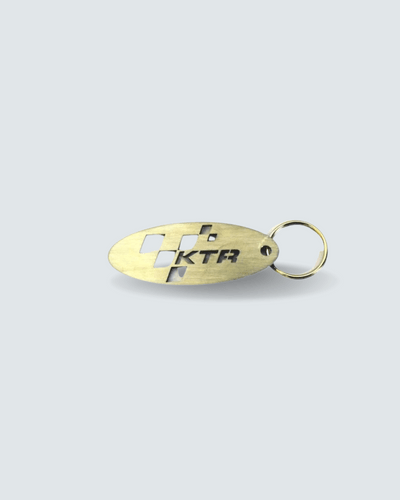
News
How Long Does a Full Service Take?
How Long Does a Full Service Take?
Introduction
So, you've been told it's time to give your car a "full service". But what does that mean, and how long is it going to hijack your day? Strap in, because we're about to embark on a journey that uncovers the truth behind the mysterious 'full service'.
What is a Full Service?
A full service is the most comprehensive type of service your car can receive. It's a top-to-toe examination of your vehicle, a chance for your mechanic to get their hands dirty and really get to know your four-wheeled friend. This involves numerous checks and adjustments, from changing the engine oil and filters to checking the clutch, gearbox, and even the air conditioning system. It's a thorough health check for your car, essentially.
Importance of a Full Service
Now, you might be thinking, "Why bother?" Well, a full service is essential to maintaining your vehicle's performance, safety, and longevity. It's the automotive equivalent of your annual physical check-up at the doctors. Neglecting it could result in mechanical issues, decreased fuel efficiency, and potential safety hazards.
Factors Influencing Service Time
It's tricky to pin down an exact time-frame for a full service, as various factors can influence how long it takes.
Average Duration of a Full Service
On average, a full service usually takes between 3 to 4 hours. This time-frame might seem substantial, but remember, a lot is happening under the hood of your car.
Car Make and Model
Different cars come with different needs. A premium car might require a more thorough inspection due to its complex systems compared to a more standard model.
Age and Condition of the Car
A car that's seen more winters and racked up more miles will typically require more attention and time compared to a newer, less-used vehicle.
The Service Provider's Efficiency
Where you take your vehicle for service can also affect how long it takes.
Dealership versus Independent Garage
Dealerships often have more resources and specialised knowledge but can be busier. Independent garages may offer quicker services but might lack certain brand-specific expertise.
Breakdown of Full Service Tasks
Let's peek under the hood and discover what happens during a full service.
Checking the Engine
The engine is the heart of the car, and checking its various components can be time-consuming.
Checking the Transmission and Drive System
The transmission and drive system are essential for your vehicle's movement. Their inspection is another crucial, time-intensive part of the service.
Checking the Brakes and Suspension
It's all about safety here. Your brakes and suspension systems are crucial for a smooth and secure ride.
Checking the Car’s Interior and Exterior
This includes everything from the functioning of the lights to the condition of the seatbelts, all contributing to the time taken for a full service.
Can Full Service be Hastened?
A fair question, indeed. However, you might not like the answer.
Why Speed Isn’t Always Advantageous
When it comes to car servicing, it's often a case of 'slow and steady wins the race'. Rushing could mean overlooking vital signs of wear and tear.
Quality vs Speed
The choice here is simple. Would you rather have a quick service or a thorough one that ensures the longevity and safety of your vehicle?
Conclusion
So there you have it. How long does a full service take? In general, you're looking at about 3 to 4 hours, though this can vary depending on several factors. While this may seem like a long time, it's a worthwhile investment to keep your vehicle running smoothly and safely.
FAQs
-
What is included in a full service? A full service includes a comprehensive check and adjustment of your vehicle, including the engine, transmission, brakes, and interior and exterior components.
-
How often should I get a full service for my car? Most manufacturers recommend a full service every 12,000 miles or 12 months, whichever comes first. However, this can vary depending on your vehicle and how you use it.
-
Can I drive my car immediately after a full service? Yes, you can. In fact, it is often beneficial as it allows you to immediately notice any differences in your car's performance.
-
Is a full service worth it? Absolutely. A full service can help detect potential issues early, improve fuel efficiency, extend the life of your car, and maintain its value.
-
What's the difference between a full service and an interim service? An interim service includes basic checks and maintenance tasks and is recommended every 6 months. A full service is more comprehensive and is usually recommended every 12 months or 12,000 miles.
Drive Into the Fast Lane with K-Tec Racing
Don't just settle for an average car service experience, elevate it with K-Tec Racing. K-Tec Racing is not just about keeping your vehicle running; it's about optimising its performance, enhancing your driving experience and helping you get the most out of your vehicle. Their team of specialists are more than just mechanics; they are car enthusiasts who share your passion for motoring excellence. They use the latest technology, combined with their extensive expertise, to ensure your vehicle receives the highest level of care. So why wait? Experience the K-Tec Racing difference today. Book your full service and let their team transform the way your car performs. Drive with confidence, drive with K-Tec Racing.












